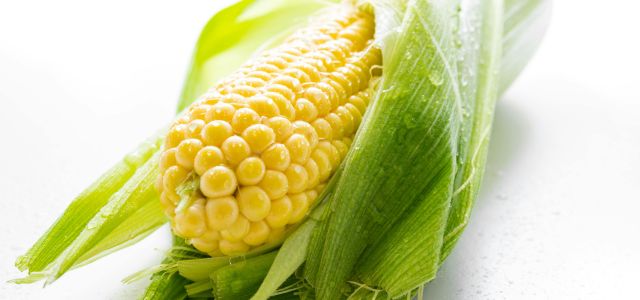On September 20, 2024, the Delhi High Court ruled in Pioneer Overseas Corporation v. M/s Evercrop Agro Science & Star Agrotech Pvt. Ltd. (CS(COMM) 759/2024), a significant case addressing plant variety infringement under the Protection of Plant Varieties and Farmers’ Rights Act, 2001 (PPV&FR Act). This law grants breeders exclusive rights over the registration, production, and commercialization of plant varieties. Any unauthorized use constitutes infringement, under S.64 of the Act, entitling the aggrieved party to injunctive relief, damages, and restitution.
The plaintiff, represented by Mr Pravin Anand, alleged infringement of its maize variety ‘P3355’ and its parent lines by the defendants and sought an injunction, damages, and an account of profits. Defendant No. 1 conceded Pioneer’s rights and agreed to cease the infringing activities, while Defendant No. 2 disclaimed involvement. Consequently, the court ruled in favor of the plaintiff, granting injunctive relief, but Pioneer waived its claims for costs and damages.
This ruling strengthens breeders’ rights under the PPV&FR Act, signaling that courts will likely grant swift interim and permanent injunctions to protect breeders’ exclusive rights. The decision indicates that infringers will face increased scrutiny and a higher burden to demonstrate non-infringement.
Moreover, the case may shape future jurisprudence by promoting more rigorous enforcement of breeders’ rights while addressing the delicate balance between innovation and farmers’ rights. For instance, courts may more carefully delineate between permissible non-commercial use by farmers and unauthorized commercial exploitation of protected varieties.
The reliance on scientific evidence, such as DNA fingerprinting and molecular markers, is likely to play a more significant role in future plant variety infringement cases. Courts may develop a more structured framework for weighing expert testimony and scientific evidence such that disputes are resolved based on solid scientific proof of infringement.
While not a member of the UPOV Convention, India’s legal framework under the PPV&FR Act is aligned with its principles, suggesting future Indian jurisprudence may increasingly follow international norms. This case is expected to shape the evolving legal landscape for plant variety protection, balancing breeders’ intellectual property with farmers’ traditional rights.

Written by Pravin Anand
You may also like…
China’s push to lead AI-driven communication: patents, innovation, and global competition
On a technical level, one of the most significant trends in the global information and communication industry today is...
Director Review reverses PTAB decision based on contradictory expert testimony in Interactive Communications v. Blackhawk Network Inc.
The USPTO Director's recent reversal of a Patent Trial and Appeal Board (PTAB) Final Written Decision in Interactive...
Survival of the fittest: Strava sues Garmin for patent infringement
Fitness app company Strava has recently made waves in the running and cycling communities after suing Garmin for...
Contact us to write for out Newsletter














